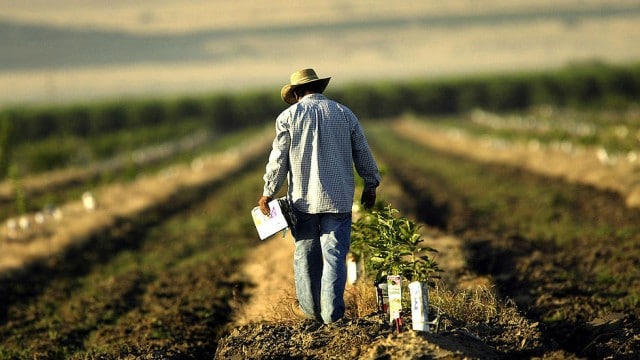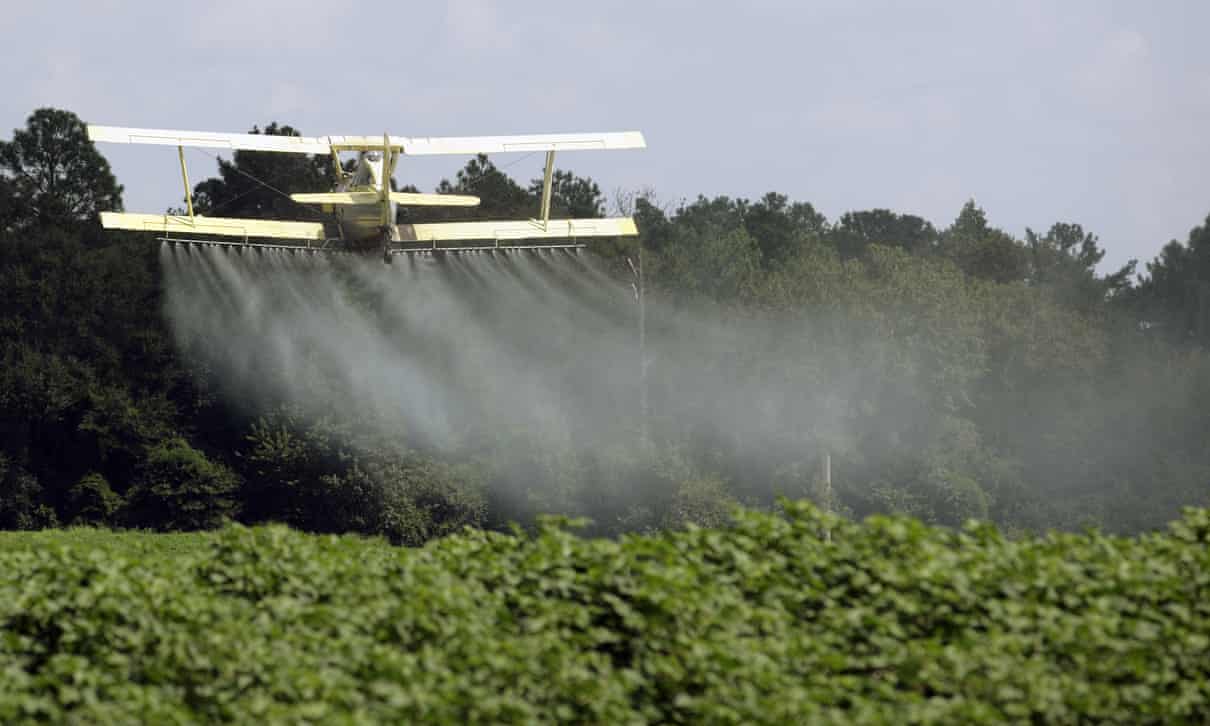
Carbon Markets and Offsets
Unjust, ineffective distractions from real solutions
Carbon Markets and Offsets
Big polluters and their financial backers — from oil and gas companies to Big Ag and Wall Street banks — want to continue destroying the climate while paying farmers, foresters, and others to offset their greenhouse gas emissions through “trapping carbon” in soil and trees. They then plan on establishing markets to trade that carbon.
More than a decade of carbon trading has shown that carbon markets are ineffective at reducing climate pollution. They have been gamed to benefit polluters, failed to decrease emissions in line with science, and even led to increased emissions in many cases. They have been plagued by fraud, creative accounting, and a lack of environmental integrity.
Carbon markets perpetuate environmental racism, compromise human rights, and undermine healthy, sustainable, and resilient communities and food systems. Carbon trading has exacerbated pollution hotspots in low-wealth communities and communities of color in the U.S. and throughout developing countries. Inadequate safeguards have led to violations of the rights of Indigenous Peoples and forest dwellers, land rights conflicts, and environmental devastation.
With less than a decade remaining to have a reasonable chance of keeping global temperature rise to no more than 1.5 degrees Celsius, the science is clear that greenhouse gas reductions must be absolute reductions without any possibility of offsets.
Media
Soil Carbon Markets
Soil carbon markets are further plagued by a particular set of problems. While many farmers need financial and technical assistance to implement practices that trap carbon and protect the environment, carbon markets will predominantly benefit the largest, most industrial operations. Soil carbon is especially unsuited for commodification and trading. Soil carbon storage is impermanent; carbon sequestered in the soil can be released with a change in land management practices or through severe weather events. In addition, the tools to measure soil carbon to the degree of accuracy needed do not currently exist. Without adequate measurement tools or guarantees of permanence, quantifying soil carbon to use in carbon markets becomes a guessing game and does not guarantee actual reductions in greenhouse gas emissions.
Soil carbon markets will greenwash some of the biggest polluters and provide a handout for Big Ag in the process. Power plants and refineries could buy offsets from farmers – claiming to meet “net zero” commitments without actually reducing pollution while hurting the communities around them. Factory farms could buy or even generate credits while poisoning the air and water around them. Agribusiness giants like Syngenta and Bayer support the formation of soil carbon markets because they stand to increase sales of proprietary seeds and pesticides and collect and control tremendous amounts of farmer data, entrenching their power while greenwashing their operations.
American agriculture can and should be part of the climate solution but offset markets that hurt communities of color and entrench Big Ag’s market power are the wrong path forward. We already have policies that will help farmers enhance soil health, protect biodiversity, and combat the climate crisis without perpetuating environmental injustice.
A better way forward
Ecologically regenerative farming should be incentivized in addition to, and not instead of, drastic carbon reductions in the energy sector. We should increase incentives for organic transition and heavily invest in existing successful USDA conservation programs while retooling them to help producers sequester carbon. Congress should support existing USDA technical assistance programs rather than outsource them to polluting agribusiness giants like Bayer. Family farmers should be supported in these efforts with structural reforms that ensure fair markets and fair prices, rather than creating more false promises of new markets that will predominantly benefit Big Ag.
Resources
Ways to Support Our Work

Read Latest News
Stay informed and inspired. Read our latest press releases to see how we’re making a difference for the planet.

See Our Impact
See the real wins your support made possible. Read about the campaign wins we’ve fought for and won together.

Donate Today
Help power change. It takes support from environmental champions like you to build a more healthy and just world.

